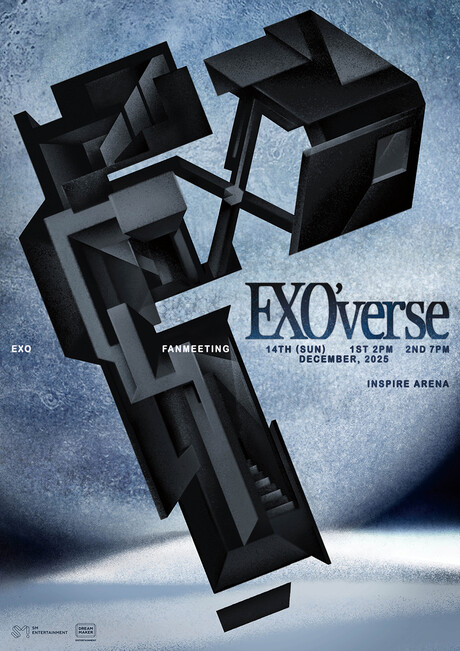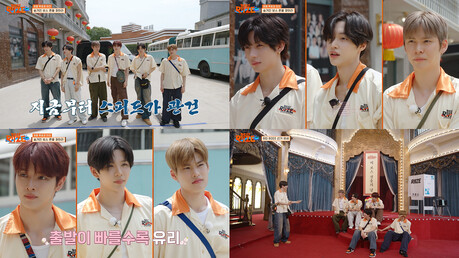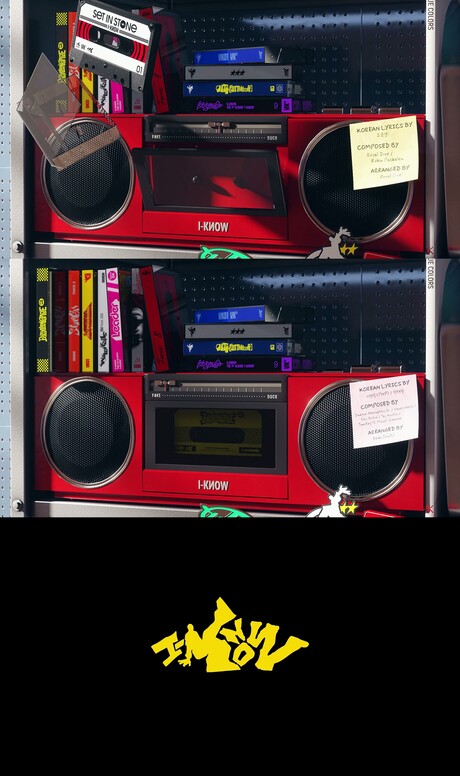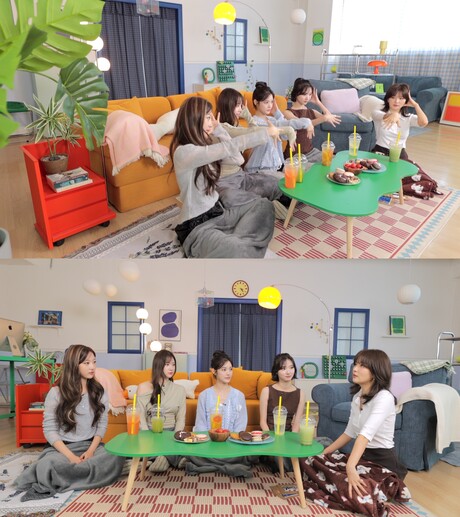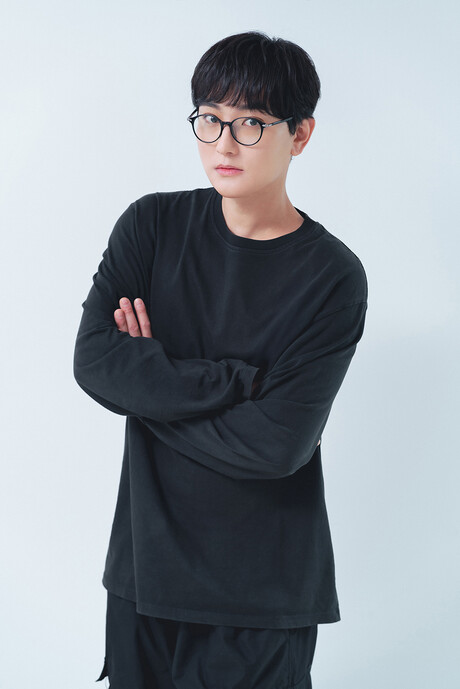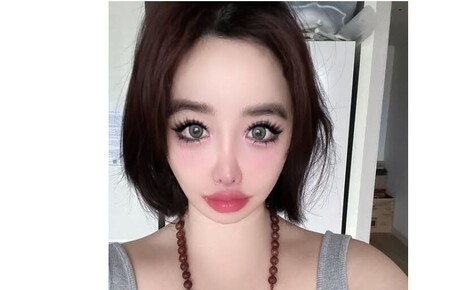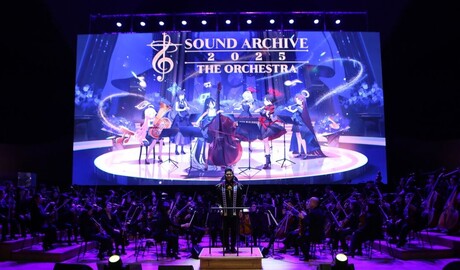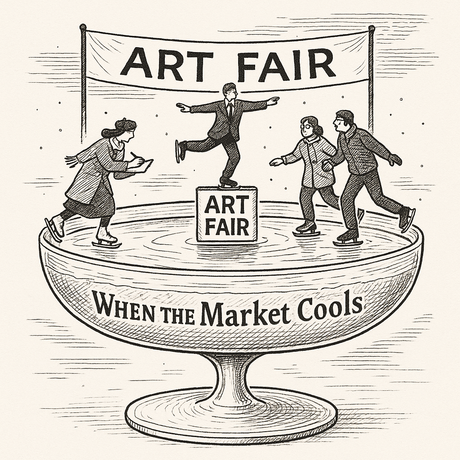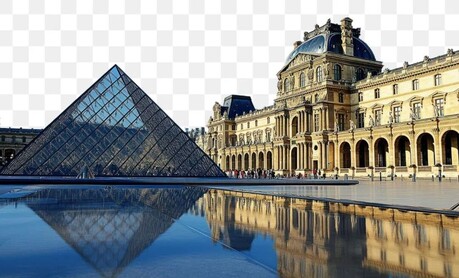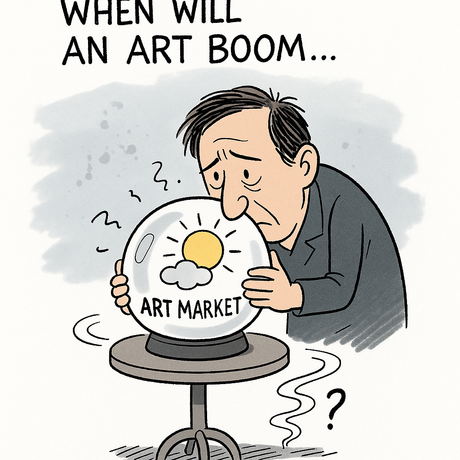A new public building featuring a striking multicolored steel facade has opened at the entrance to Seoul's traditional Dokkaebi Market, creating an architectural bridge between residential neighborhoods and bustling commercial activity. The Dokkaebi Market Customer Support Center, designed by architecture firm YZA, serves as both a functional support facility and a symbolic gateway to the historic Goblin Market in Nowon-gu district.
The building occupies a unique transitional location where a quiet residential alley to the south meets the dense commercial energy of the traditional market to the north. This strategic positioning influenced the architectural design, with the structure serving as a mediator between two distinctly different urban environments. The vibrant steel screen facade acts as both a visual landmark and privacy filter, softening views from surrounding residential streets while projecting shifting patterns of color and light throughout the day.
The comprehensive program integrates multiple public functions designed to support market operations and serve the community. These include a parking tower for market visitors, a customer support office, public restrooms, a community gathering space, and a neighborhood café. The architects organized these functions strategically along the site's length, placing the parking structure toward the residential south side, market-related facilities toward the commercial north side, and a central vertical circulation core that connects and mediates between the different zones.
Taking advantage of the site's natural east-west elevation change, the design creates an open pilotis space at ground level that enhances pedestrian permeability and access. Above this transparent base, a series of stepped terraces provides elevated views toward the marketplace while offering outdoor rest areas where visitors can pause and observe the market activity below. This terraced design creates multiple levels of engagement between the building and its surroundings.
The building's most distinctive feature is its translucent facade system, which employs a carefully coordinated palette of colors that reference the symbolic hues associated with the traditional Dokkaebi Market. Fabricated from PosMAC steel louver panels, this innovative facade system was developed through advanced digital manufacturing processes that eliminate the need for traditional welding techniques. The construction process incorporated precision bending, automated folding, and extensive full-scale mock-up testing to ensure both structural performance and high-quality finish details.
This sophisticated approach to facade fabrication reflects YZA's ongoing interest in material experimentation and demonstrates the potential for industrial manufacturing techniques in contemporary public architecture projects. The steel screen system unifies the building's diverse programmatic elements – including parking, public facilities, and circulation spaces – into a single cohesive architectural volume while creating dynamic visual effects as natural light filters through the perforated surface.
Conceptually, the project draws inspiration from the dokkaebi, a figure from Korean folklore traditionally associated with themes of transformation, mischief, and playfulness. The architects translated this cultural symbolism into contemporary architectural form through the building's translucent facade, adaptable spatial layout, and thoughtful integration of diverse public amenities that serve both market vendors and neighborhood residents.
Positioned at the critical intersection between Seoul's evolving urban fabric and its traditional market culture, the Dokkaebi Market Customer Support Center functions simultaneously as essential infrastructure and distinctive urban landmark. The project successfully reinterprets the cultural identity of the historic Goblin Market within Seoul's rapidly changing neighborhood landscape, demonstrating how contemporary architecture can honor traditional commercial spaces while meeting modern functional requirements.
















